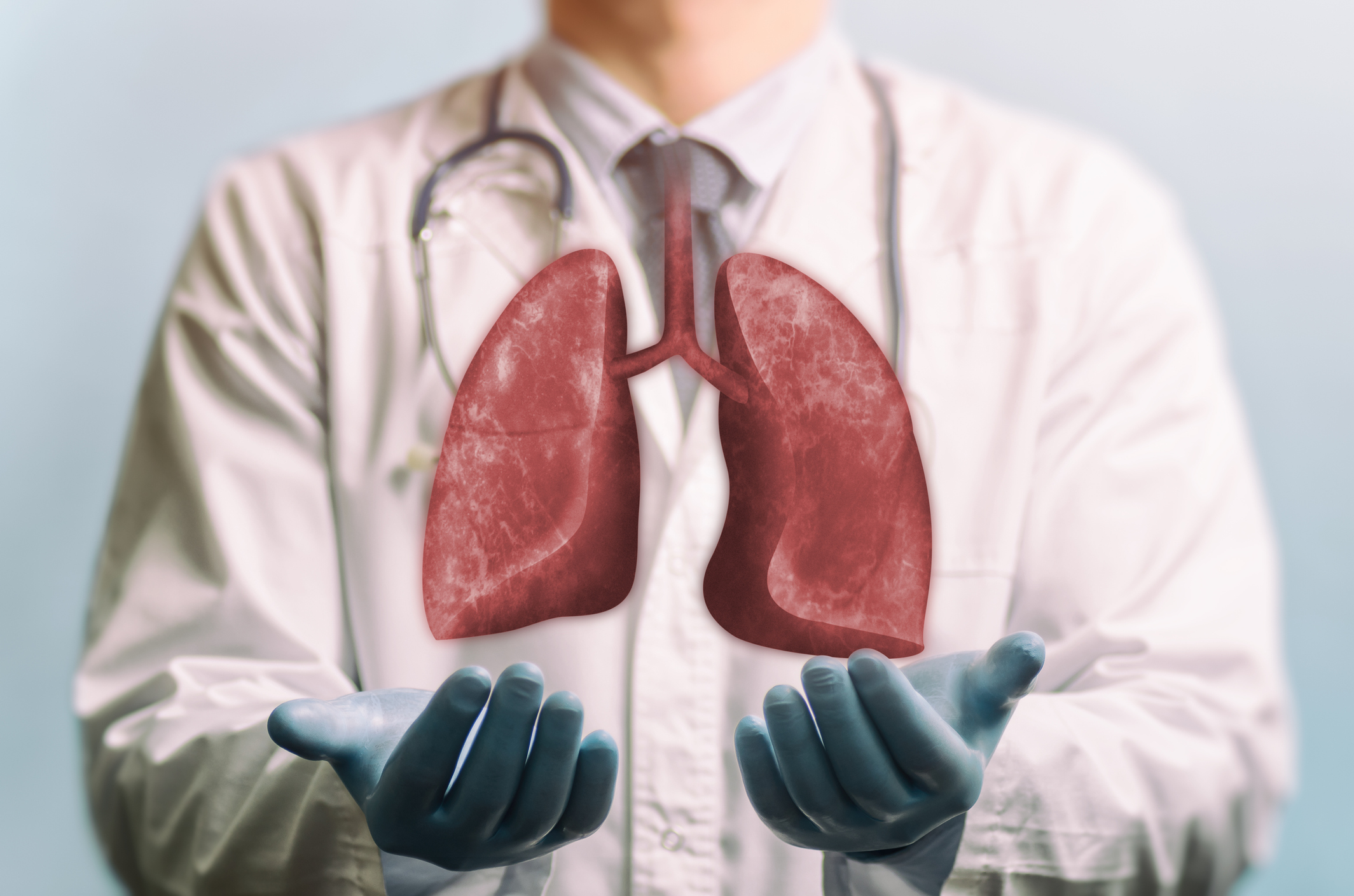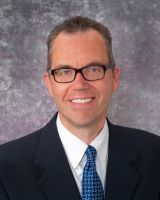
Author: Katie Cummock
 In 1996, U of U Health first started its lung transplant program, providing life-saving transplants for patients throughout the Mountain West. Now, 25 years later, the program remains the only one of its kind in the entire region, helping nearly 300 patients receive a new lung (or two). And although the program may be smaller in size compared to others across the nation, it is mighty.
In 1996, U of U Health first started its lung transplant program, providing life-saving transplants for patients throughout the Mountain West. Now, 25 years later, the program remains the only one of its kind in the entire region, helping nearly 300 patients receive a new lung (or two). And although the program may be smaller in size compared to others across the nation, it is mighty.
Today, an experienced and collaborative team of lung care specialists provide care for each patient throughout the entire transplant journey, from the pre-transplant evaluation to transplant surgery, and recovery. And the possibility to provide this level of care to even more patients is tremendous.
"Right now, there is an incredible need for this specialty and it has such great potential for growth and expansion," said Matthew R. Morrell, MD, newly appointed medical director of the lung transplant program. "I'm so grateful for the chance to help build this program, and to serve more transplant patients across the Mountain West."
Beyond providing exceptional care to patients, another fundamental objective of the lung transplant program is to offer lung transplant education to patients and providers in the community, and to help them understand the types of patients who could be eligible for a transplant.

"There is a lot of work to be done to increase both transplant and organ donation awareness," Morrell said. "A lot of people in our state and region are struggling with lung disease, and we want to give them access to our services. There are just so many people in the communities across the region who aren't aware of the possibility for lung transplant."
Over the past 25 years, the program has proven itself as an indispensable resource, providing care to patients from Utah, Idaho, Colorado, Wyoming, and Arizona.
And while Morrell is at the helm, his goal for the program is simple: to continue to be a center of excellence, and to provide outstanding transplant services to a higher number of patients, not only in Utah, but across the entire Mountain West region.
"We are still the only lung transplant program in the Mountain West," Morrell said. "And if there's anyone in the vicinity or the surrounding states who has a question about lung transplants, I want them to know that U of U Health is where they need to go."
Lung Transplantation 101
The two main goals of a lung transplant are to improve the quantity and quality of life for the patient. Once a pulmonologist has done everything possible to keep their patient alive, and all other medical procedures have been exhausted, they should consider referring their patient for a lung transplant evaluation.
"There's a shortage of donor organs, which means not everyone who gets referred for transplant is a candidate," Morrell said. "We want to make sure those who get selected to move on in the process are going to do well."
After comprehensive testing and screening to ensure eligibility, patients are put on a wait list. Some are on the list for a few days, while others may have a grueling wait of six to nine months. Luckily, transplant patients have an entire team of providers to help them through this very difficult process.
Nurse coordinators help with outpatient care. Transplant social workers assist with any issues regarding mental health, finances, or housing. A transplant dietitian helps with maintaining adequate nutrition. A financial analyst helps coordinate insurance to ensure the patient can afford surgery and post-transplant medical care. A transplant pharmacy team makes sure patients are compliant with their medication to reduce the risk of organ rejection. And a transplant psychiatrist makes sure the patient has the resilience and mental fortitude needed to get through the entire transplant process.
On average, patients recover in the hospital for two to three weeks after surgery, and then, for the next three months, have weekly clinic visits for follow-up care and medication management.
Once a patient has received three months of weekly follow-up care, they are then seen every two to three months for well checks with the transplant team. And the opportunity to watch his patients progress over time is something Morrell loves about his job.
"I love seeing my patients come back into the clinic for a well check and seeing their lung function off the charts," Morrell said. "To see them traveling the world, running a 5K, hiking, skiing—doing things they never dreamed of doing. It's very rewarding to see these patients living their lives to their fullest."
And while there are many patients who thrive after surgery, there are risks and the possibility of organ rejection, infection, and life-threatening complications. "We give everything we have to each and every patient, and when it all comes together for a positive outcome, it is hugely satisfying," Morrell said.
Lung Transplant Program At-a-Glance
Established more than 25 years ago, the lung transplant team at U of U Health provides exceptional care for patients in the Mountain West—from evaluation through transplant surgery and recovery.
The U of U Health lung transplant program is the only one in the region that serves adult patients with advanced lung disease.
The care team will be by your side to help you navigate the complex process of being evaluated for a transplant, receiving a donor lung, and recovering from surgery.
Additional Education & Resources
· 10 Things to Know About Lung Transplant
· What to Expect at Your First Appointment
· Meet the Lung Transplant Team
To make an appointment with one of our transplant pulmonologists, call 801-585-3697 or 800-456-8341.
For even more information on the lung transplant program, click here.